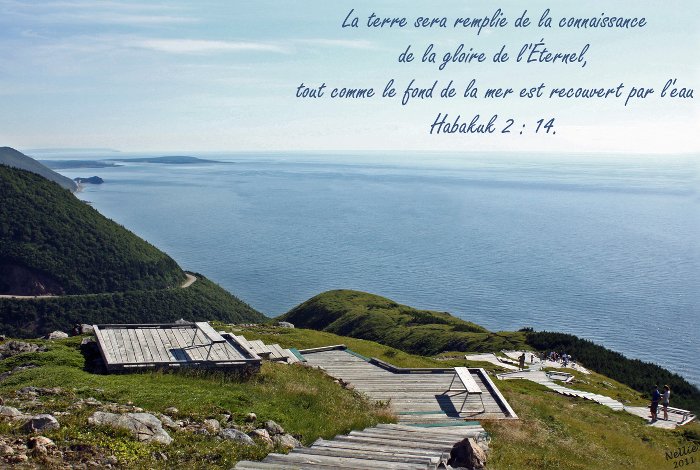It is possible for a person to progress, stagnate, or regress in his attitude toward learning, knowing, and believing. This will be reflected in the action and commitment one is willing to move toward, and in the degree of inertia in certain aspects of life. This question is part of a larger one which has to do with this question: How do we know that we know? An epistemological question brought to bear on the specifics of how one lives. This is done through an investigation of the preconditions to helping others to learn, as must do those who support university students involved in distance learning process.

as the waters cover the sea (Habakkuk 2.14, English Standard Version – ESV)
Here is a brief survey of what actually led me in this course of research. After wholeheartedly devoting eleven years of my in full time Christian Ministry, I came to the painful conclusion that I had to reorganize my working life with secular occupations. Although I had already completed a Bachelor degree in Theology, this did not help me to directly qualify for the jobs God had led me to hold even before formal qualifications. So this led me in a course of part-time university study which I did mostly at home through university level distance training. This part-time path of study lasted twenty or so years.
After achieving a certificate in writing skills and a bachelor in communications I tackled a Master’s degree in distance learning where it was deemed methodologically appropriate to use an autobiographical research methodology. My experience as a distance learner would be related in a thirty page autobiography which would then serve as a basis for producing knowledge about how to best help a student through her learning process.
This was the plan as I started out this autobiographical research and analysis. But as the research was unfolding it turned out that the methodology I was using required of me that I get down to questions that were existentially important for me as a person. This methodological requirement disqualified the questions I had initially the intention of researching for about how one learns and so forth, and finally led me to ask questions about my own attitude towards others, myself, faith, knowing, truth. This research was documented in a Master’s Thesis, and was qualified by my professors as of a philosophical character because it went underneath the practices of distance learning and education.
What the Master’s degree thesis explores has become a key foundation for this site, Savoir et croire .ca (Knowing and Believing), for the reach of that university research went far beyond the domain of distance education and reached into every day life. In a nutshell, the study concludes that one’s attitude towards knowing determines his ability or inability to actually learn not only in general but also in specific areas of knowledge. This has been formalized later in a commented diagram under Knowing and Believing.
More can be read under ¿Cómo sabemos? (Spanish) and in Comment sait-on ? (French).
You wish to get involved and discuss about life-related subject matters, feel free to join our trilingual Community of dialog about the Christian Faith (French, English, Spanish).
You may communicate with me through the indications under Questions or Comments.
Daniel Garneau, B Th, B Com, MA,
Article edited: May 2016; July 2018.
